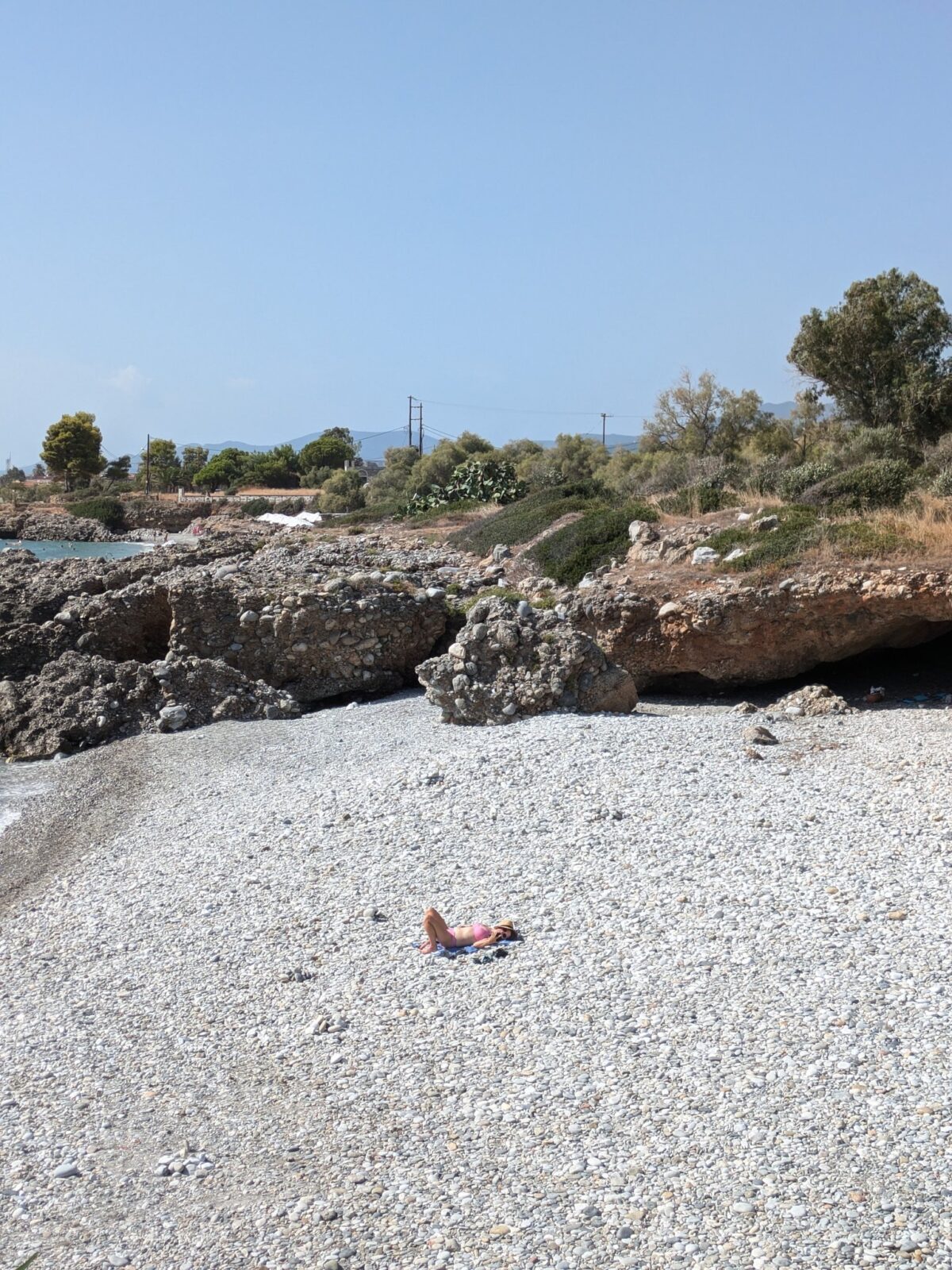Here is a life of Laura Ingalls Wilder, who wrote LITTLE HOUSE ON THE PRAIRIE. First thing I’m going to say is, there’s a lot of encouragement here for late bloomers. She wrote that book, and the six others, all in her 60s, with little previous writing experience. What I found particularly interesting was that they are all – to some extent, and the extent is quite contested – auto-biographical stories, covering her life up to about age 20. She wrote the books in part to make money, and in part because she was driven to.
She had a real yearning to keep her parents and her childhood alive. It was so bad that at night she often could not sleep, because the memories were coming back to her so thick and fast. I guess it makes sense, as you get older, this desire to make it all mean something. I find it quite touching, that apparently today you can go to various museums and see things like ‘Pa’s fiddle,’ and ‘Carrie’s sampler.’ How incredible: this low income, rural woman of the early 1900s has managed to immortalize her ordinary family.
I think one reason she felt such a need to hold onto the past was down to how quickly it was changing in her own lifetime. Her father was one of those who went out to ‘settle’ the West, so she had a front row seat to what that meant for the native Americans, and lived to see the prairies ploughed under and highways built. I knew that frontier life was hard, and that very few settlers managed to stay on the land for the five years needed to ‘claim’ it. But what astounded me was to learn that even in the early 1900s the government meterologists warned repeatedly that the prairies were too dry for small scale farming, and that only cattle would really work. But the railways still pushed this dream on people. It is just wild to think of the myth of the noble frontiersman and include in that the fact that he was basically being snookered by big business. Wilder’s family had a terrible time. If it was not droughts, it was locusts (as many as a trillion individuals in one particular swam). And once they had ploughed up the prairie, and taken the top soil that took thousands of years to develop, then there came the dust. Apparently carts would go past with ‘In god we trusted in Kansas we busted,’ on the side, and ‘shack-whacky’ was a well known term for the mental health crises that were common in this difficult environment. The only real solution was co-operative irrigation and government bailouts, which is yet another layer to the myth of the frontier.
I can’t even get into her daughter, who was another whole topic, an early journalist who travelled the world, a depressive, and eventually a anti-Semitic libertarian. A great book, it made me think about a ton of different topics.

